The #1 Online Dementia Care Training
Trusted by Healthcare Providers Nationwide
Get 20 CEUs Online
Dementia Care Certificate of Training

Reviewed by
- Designed for NHA, AL, RN, LVN, CTRS, CNA, SW, AD
- Taught by Dementia Care Specialists with 30+ Years Experience
- Mariposa Training is an Approved CEU Provider
- Customer Service 24/7
- Fast, Self-Paced & 100% Online
Discover best practices for person-centered dementia care in this 10 CEUs Continuing Education program for administrators, nurses, certified nursing assistants, and staff caring for the elderly.
30% OFF TODAY
Limited Time Offer
- Approved by State and National Boards and Associations across the US

30-Day Satisfaction Guarantee
If you're not satisfied with the training, we're going to give you a full refund – No questions asked.
Get our 30% off limited time offer for 20 CEUs









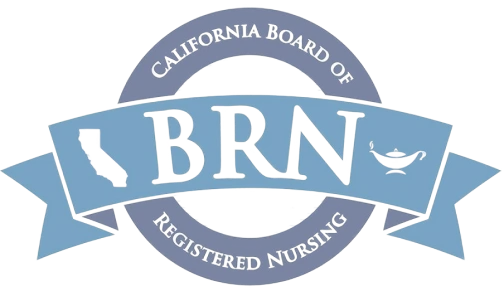

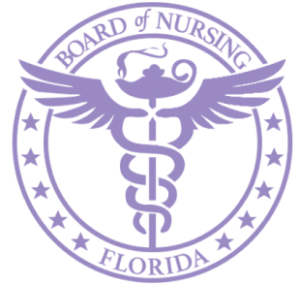


Designed For
Nurses ● Healthcare Administrators ● Direct Care Providers ● Caregivers ● Healthcare Providers ● Social Workers ● Recreation Therapists ● Activity Professionals
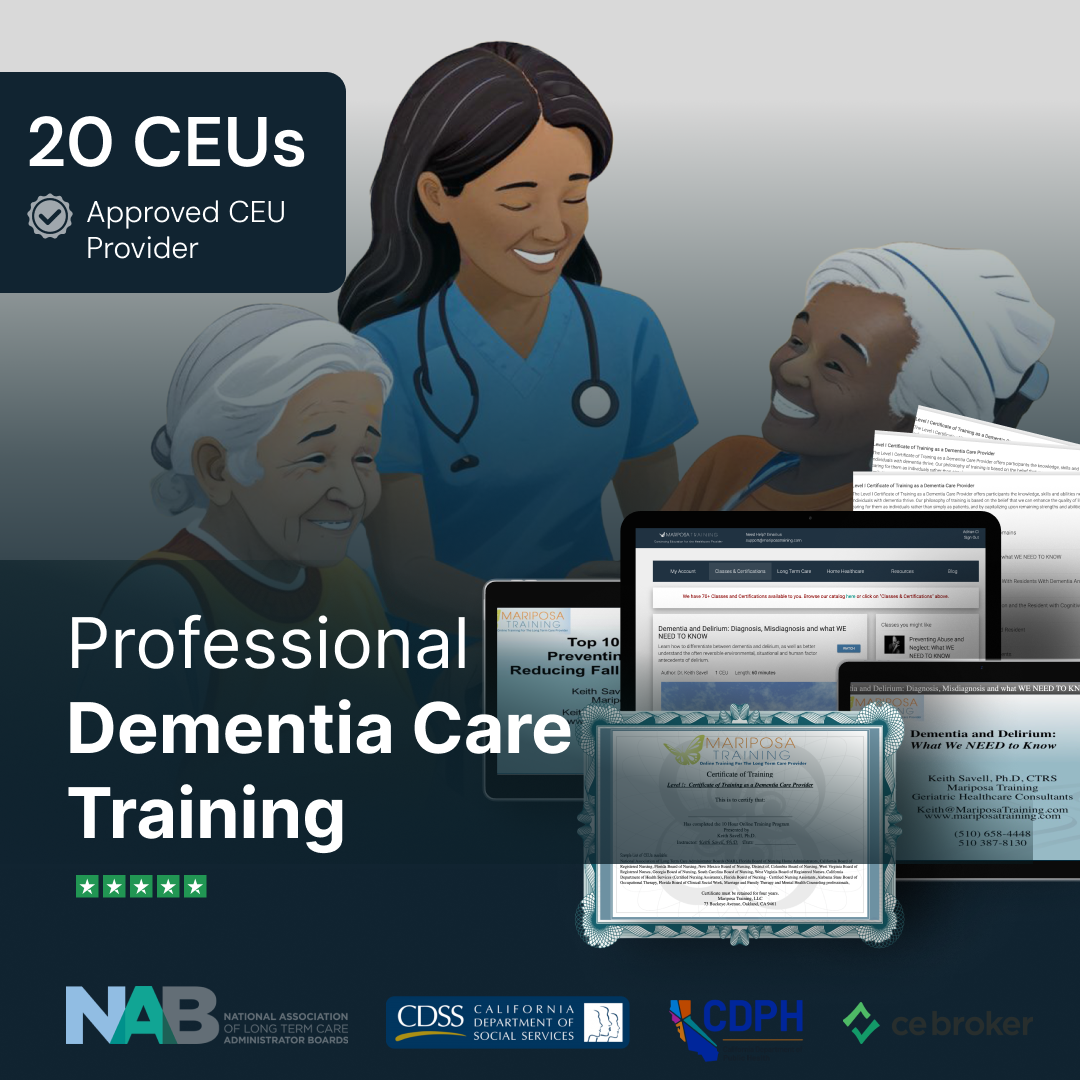
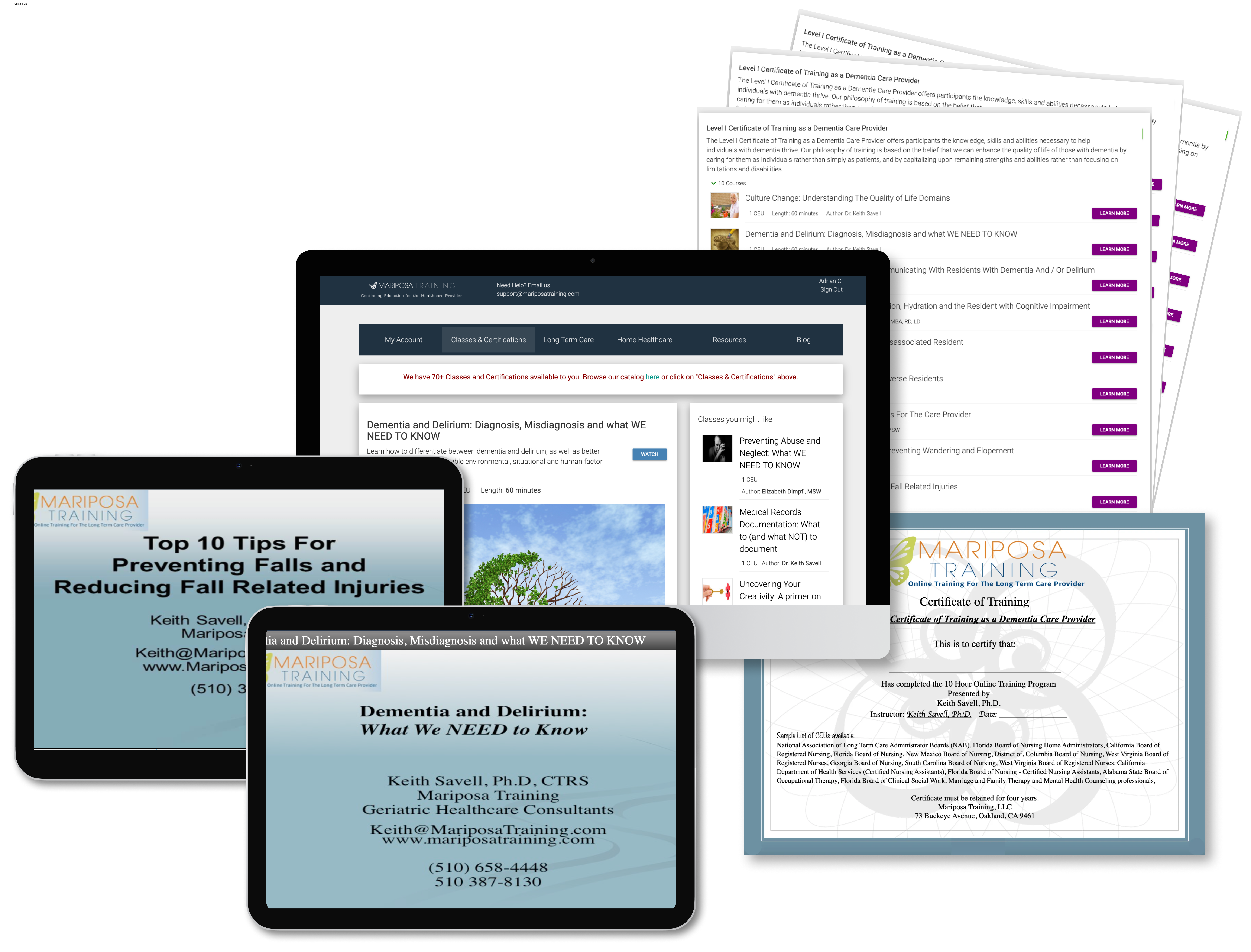




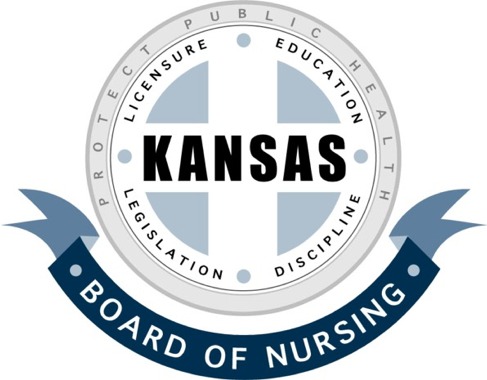






Thank you for an excellent learning experience.
Donna F.
BSN, RN, PhD
Topics with Real World Value






Finish The Course in Less Than a Day
Self-Paced & 100% Online
20 CEUs Certificate of Training
30-Day Money-Back Guarantee
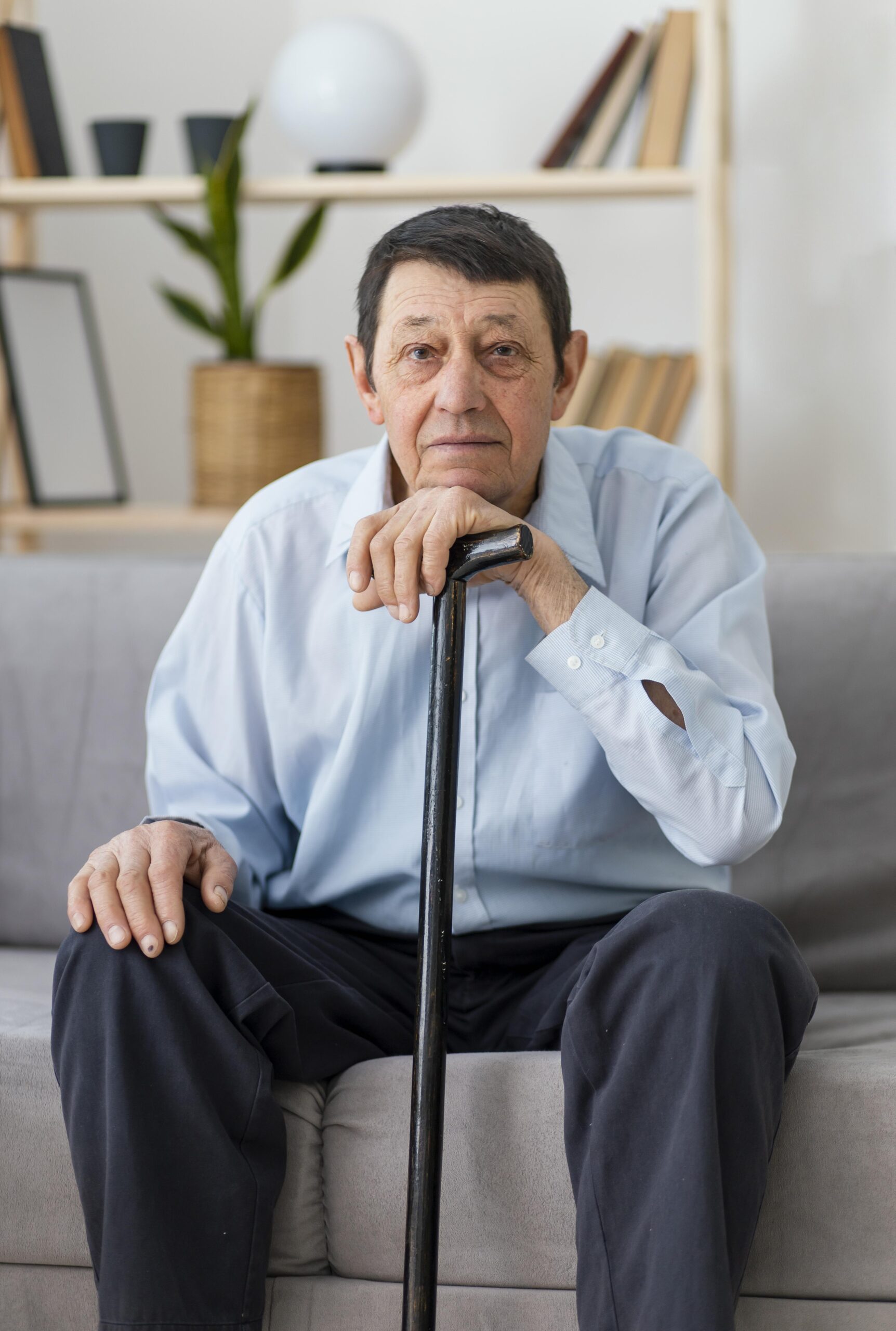
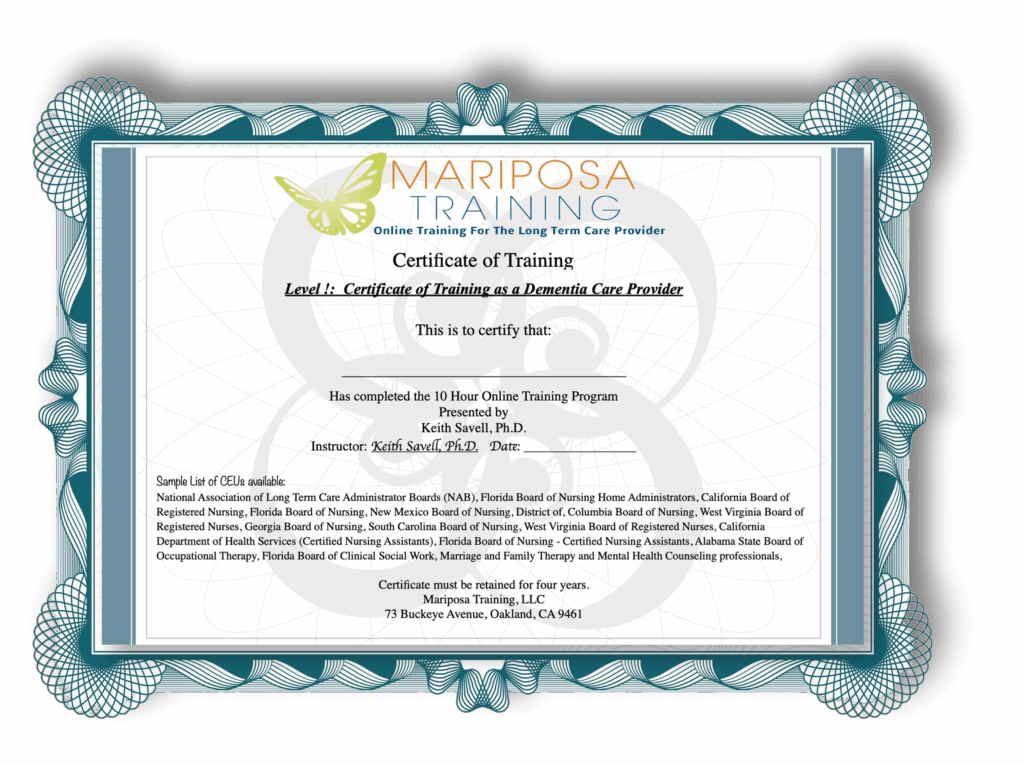
Enhance Your Skills
& Earn 20 CEUs!
Our training focuses on enhancing the quality of life of those with dementia by caring for them as individuals and not just patients. The Certificate of Training in Dementia Care equips you with the knowledge, skills and abilities to help these individuals thrive by capitalizing on their remaining strengths and abilities.
- Enhance your skills and abilities for better delivery of dementia care
- Learn best practices for a person-centered approach to elderly care
- Discover non-pharmacological alternatives to managing behaviors
- 20 CEUs (*NHA, AL, RN, LVN, CTRS, CNA, SW, AD)
- 30-Day Satisfaction Guarantee
From elder care specialist, for elder care specialists
Offering cost-effective web-based training and continuing education for NHAs, ALs, RNs, LVNs, CNAs, and other senior care facility staff.
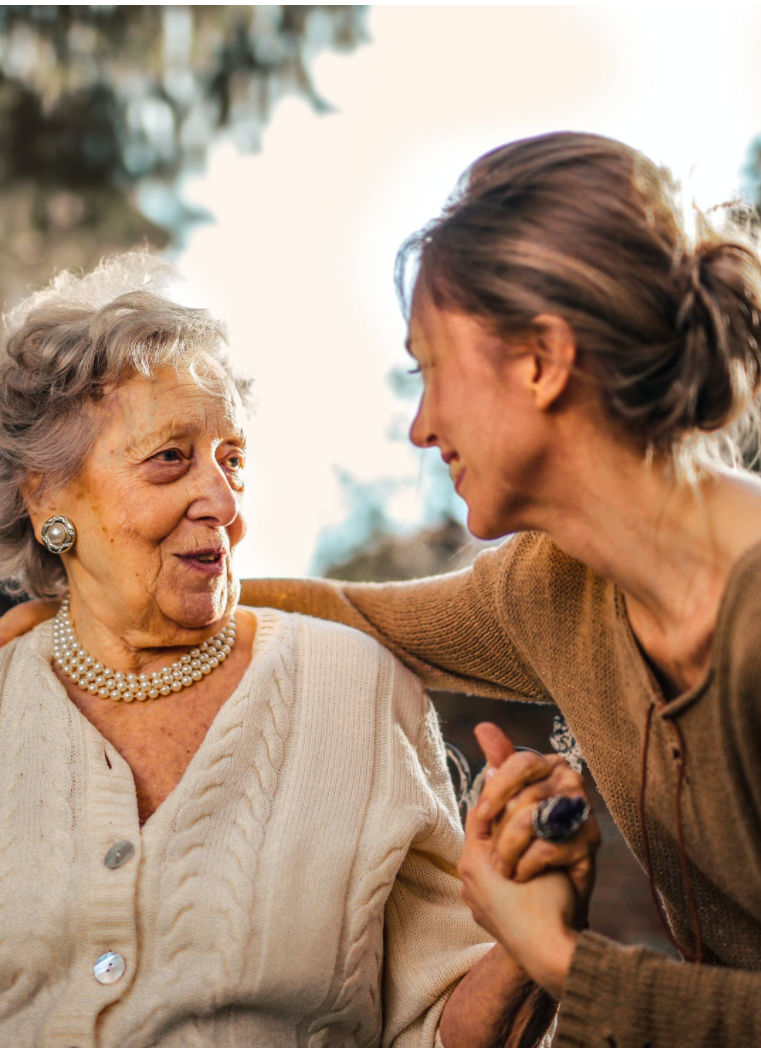

Mariposa Training is a leading provider of internet-based senior and geriatric health care training for administrators, nurses and staff caring for the elderly.
Co-founded by renowned gerontologist Dr. Keith Savell, Mariposa Training is committed to the education of the geriatric care workforce and improvements in the quality of life for those under our care.
All courses are specifically designed for staff in long term care facilities and nursing home facilities, though the topics covered are of value for anyone caring for the elderly.
It is our goal, through both our growing list of live and on-demand classes as well as our informative newsletters, to become the “go to” resource for quality online education as well as professional CEUs.










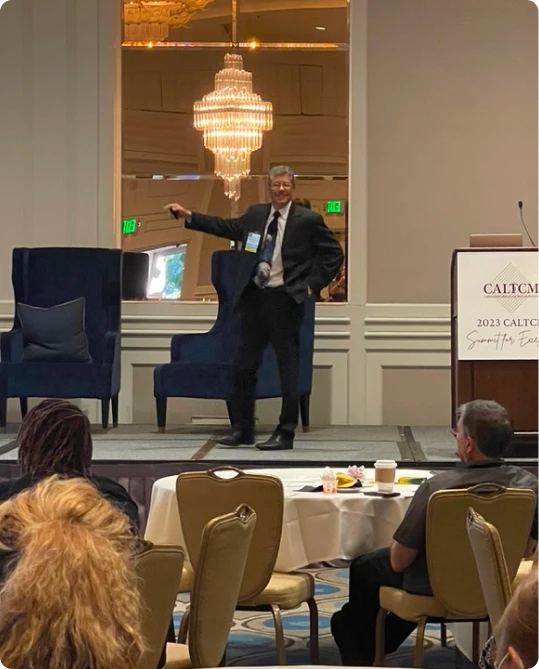
Course Instructor
Dr. Keith Savell
- President at Mariposa Training
- Dementia Care Specialist
- M.S. and Ph.D. Degree
- 30 Years of Experience
With over 30 years of experience in long-term care, Dr. Savell has developed a national reputation for helping nursing home staff become exceptional dementia care providers.
Dr. Savell received his M.S. and Ph.D. degrees from the University of Illinois. He has held faculty appointments at Rutgers University, San Jose State University, and San Francisco State University.
As a dementia care specialist, Dr. Savell also provides Dementia care training, environmental evaluation and consulting support to skilled nursing facilities and Alzheimer’s care units.
Reviewed By

Become a leader in elder care best practices with the latest dementia care training & earn 20 CEUs
- 100% Online Certificate of Training
- Certificate of Completion (20 CEUs)
- Watch All Courses via Smartphone, Tablet, and Computer
- 100% Secure Payment
- 30-Day Money-Back Guarantee

Become a leader in elder care best practices with the latest dementia care training.
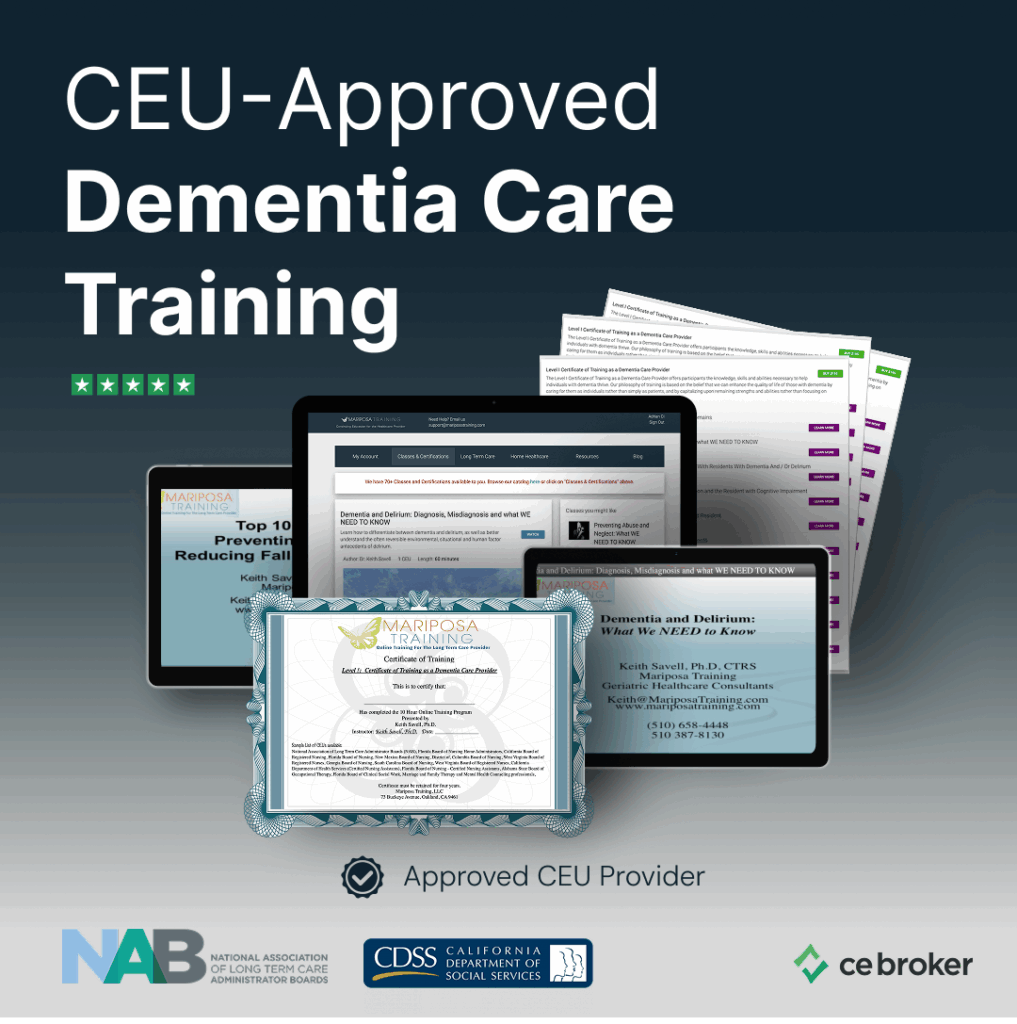
20-CEU Certificate of Training in Dementia Care
For *NHA, AL, RN, LVN, CTRS, CNA, SW, AD
GET 30% OFF TODAY
YOU SAVE $70
Limited Time Offer
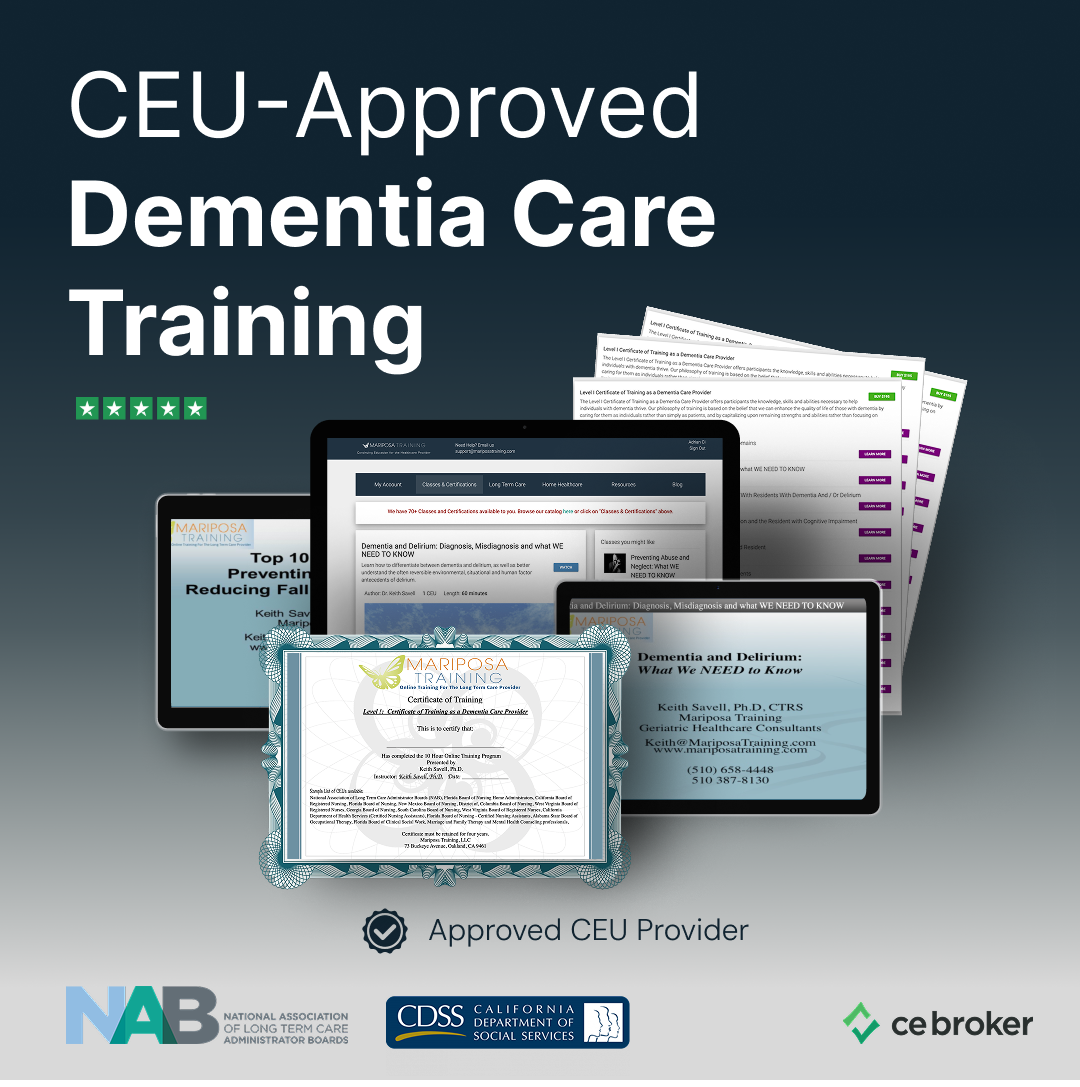
*Approved by State and National Boards and Associations across the US

30-Day Satisfaction Guarantee
If you're not satisfied with the training we're going to give you a full refund – No questions asked.
Secured By
- 20 CEUs Certificate of Training in Dementia Care (Alzheimer's and related disorders)
- Stress-Free 30-Day Money-Back Guarantee
- Fast, Self-Paced & 100% Online
- 100% Secure Payment
- Flexible Payments Available
Need more CEU credits?
SAVE 50% TODAY ON THE UNLIMITED BUNDLE
- 20 Module Online Training Videos (Lifetime Access)
- Downloadable Easy-Reference Course Handouts
- Bonus Guide for Fall Prevention: Top 10 Tips to Prevent Falls & Fall-Related Injuries
- Certificate of Completion (10 CEUs)
- Unlimited Lifetime Access
- Watch All Courses via Smartphone, Tablet, and Computer
- 30-day money-back guarantee
- Fast, Self-Paced & 100% Online
- 100% secure payment

- 20 Module Online Training Videos (Lifetime Access)
- Downloadable Easy-Reference Course Handouts
- Bonus Guide for Fall Prevention: Top 10 Tips to Prevent Falls & Fall-Related Injuries
- Certificate of Completion (20 CEUs)
- Unlimited Lifetime Access
- Watch All Courses via Smartphone, Tablet, and Computer
- 30-day money-back guarantee
- Fast, Self-Paced & 100% Online
- 100% secure payment
Learn from anywhere
Easy online access lets you complete your courses on any smart device at your own pace.
Taught by experts
Learn best practices from experts in gerontology, nursing, psychology, infection prevention, nutrition, therapeutic recreation, social work and senior care.


20 CEUs Course by
Dementia Care Specialist
Dr. Keith Savell
Certificate of Completion
Showcase your knowledge with a Certificate of Training in Dementia Care.
Earn 20 CEU Credits
Each course module provides 1 CEU, for a total of 20 CEUs accredited by associations nationwide.
Our students have good things to say.
I've been using Mariposa Training for years
Lianna KS.
Nursing Home Administrator
The training will provide an excellent quality improvement tool to increase your staff performance and confidence
“As a healthcare snf administrator, I highly recommend Mariposa training to SNF facilities for on- going mandated staff inservice. You maybe looking for a better way to provide the latest information to your staff… Mariposa should be your resource. The training will provide an excellent quality improvement tool to increase your staff performance and confidence.
Easy enough to understand yet critical valuable information. This will free up your DSD to be with your staff assuring compliance and providing excellent quality of care!
Education for all!”
Linda L.
Registered Dietitian / Skilled Nursing Home Administrator
You were so helpful and made this purchase and securing the (CEUs) so easy
“Thank you so much for your help. I have taken 9 classes successfully. You were so helpful and made this purchase and securing the (CEUs) so easy.”
Anna M.
Florida
It’s helped me advance my career and provide better care to my patients.
“The classes and certifications I’ve taken through Mariposa Training have helped me advance my career and provide better care to my patients. I couldn’t be happier with the purchases.”
Brianna S.
Kansas
Thank you for an excellent learning experience.
Let me start by saying that I am very particular about online training programs and classes. Hundreds of educational opportunities are available online, and many are just a waste of time. I saw the level 1 dementia care provider certification advertised, and it piqued my interest. However, after having been disappointed in many online certification-type programs before, I was a bit skeptical. I decided to enroll in one class to check it out. Let me say that I was pleasantly surprised. The program is divided into modules that take about an hour each. This enabled me to do the program in small portions that fit my schedule. The course slides are available to download or print, so you can follow along and take notes. The material was interesting, up-to-date, and informative. The insights and recommendations offered were clearly gained from years of experience working with residents with dementia. Within a few days of completing this course, I was able to implement several of the ideas and techniques described. The course also helped me to see the world from the resident’s perspective. Thank you for an excellent learning experience.
Easy enough to understand yet critical valuable information. This will free up your DSD to be with your staff assuring compliance and providing excellent quality of care!
Education for all!
Donna F.
BSN, RN, PhD
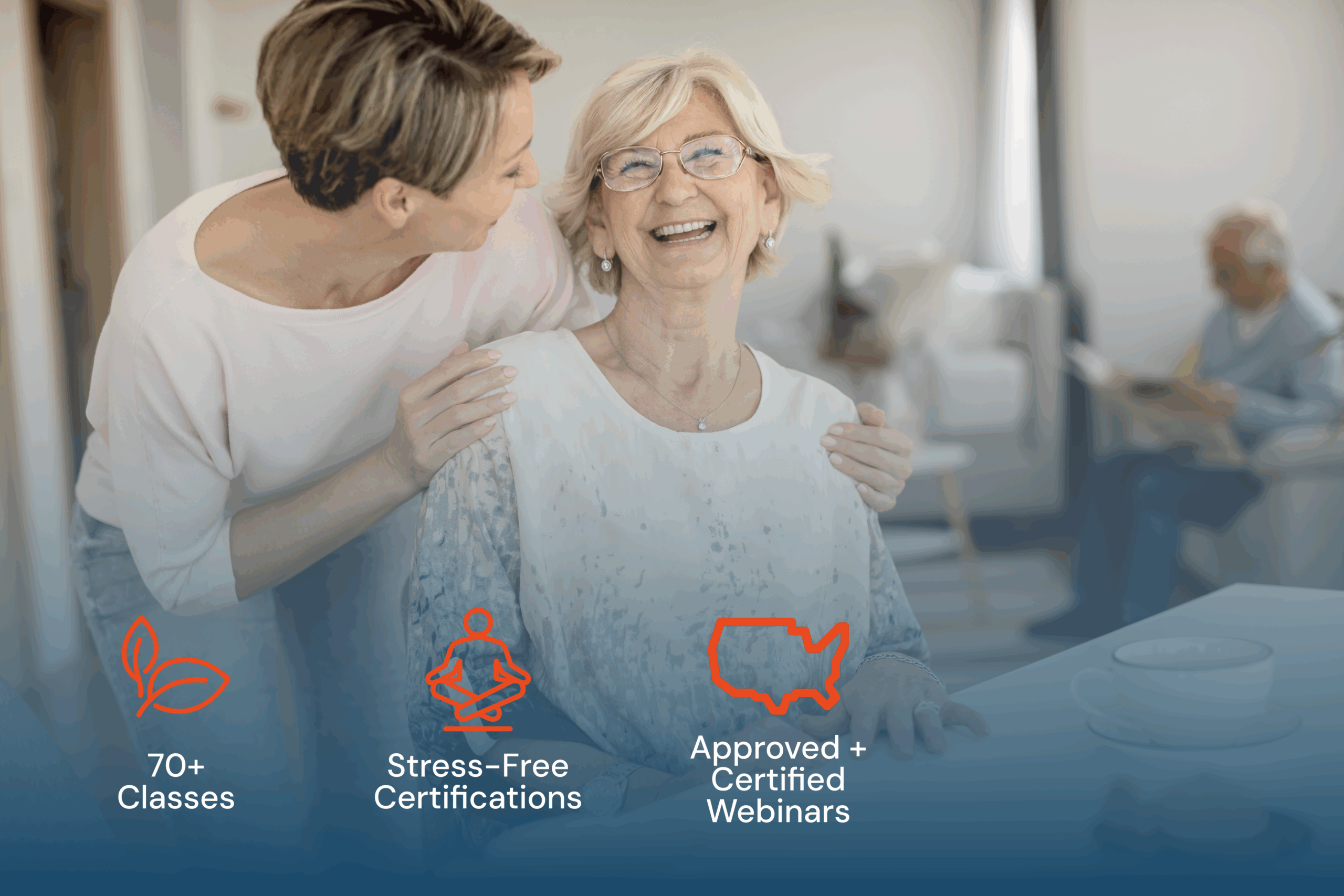
Earn Up To 75 CEUs
The Unlimited Bundle
Unlock Unlimited Learning
Continuing education doesn’t have to feel like a box you check. With The Unlimited Bundle, you’ll gain a full year of access to a complete library of professional courses — designed to both expand your knowledge and keep your license current.
- 75+ CEUs: Every one hour course you complete will provide 1 continuing education credit toward your continuing education requirements.
- Practical, Real-World Training: Each course is full of practical examples you can apply immediately towards the care you provide.
- Professional Growth: Stay up to date while also elevating your confidence and competence as a care professional.
- Flexible Learning: Learn at your own pace, on your own time, and from any device.
SAVE 50% TODAY ON THE UNLIMITED BUNDLE
Elevate your dementia care expertise
Person-Centered Approaches for Enhanced Resident Wellbeing

Enhance your skills and abilities for better delivery of dementia care
From behavior mapping to effective communication, there’s a wide range of skills that caregivers need to support their residents’ physical, cognitive and social wellbeing. Through these 10 modules, you’ll gain the knowledge necessary to deliver a higher level of care and quality of life for your patients.
Learn best practices for a person-centered approach to elderly care
The traditional medical model of care is focused on what you can do to or for a resident. Meanwhile, person-centered care is when you interact with your residents as individuals instead of only knowing them by their diagnosis or room number.
With person-directed care you can base your facility’s activities, routines, menus and daily schedules around your residents’ desires, customary routines, and preferences, not just institutional needs.
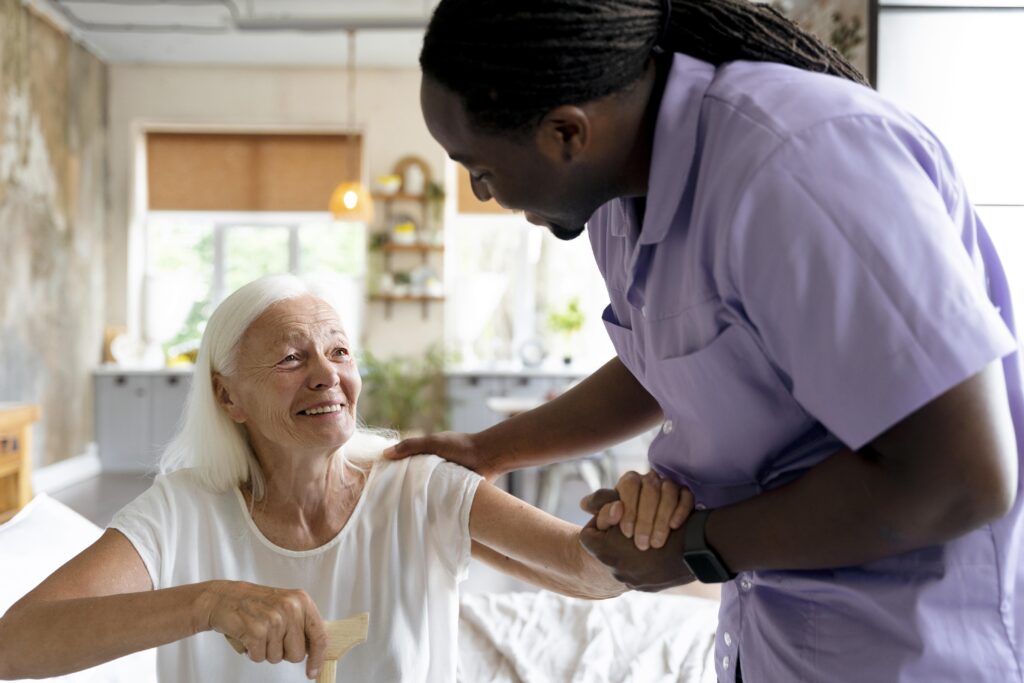
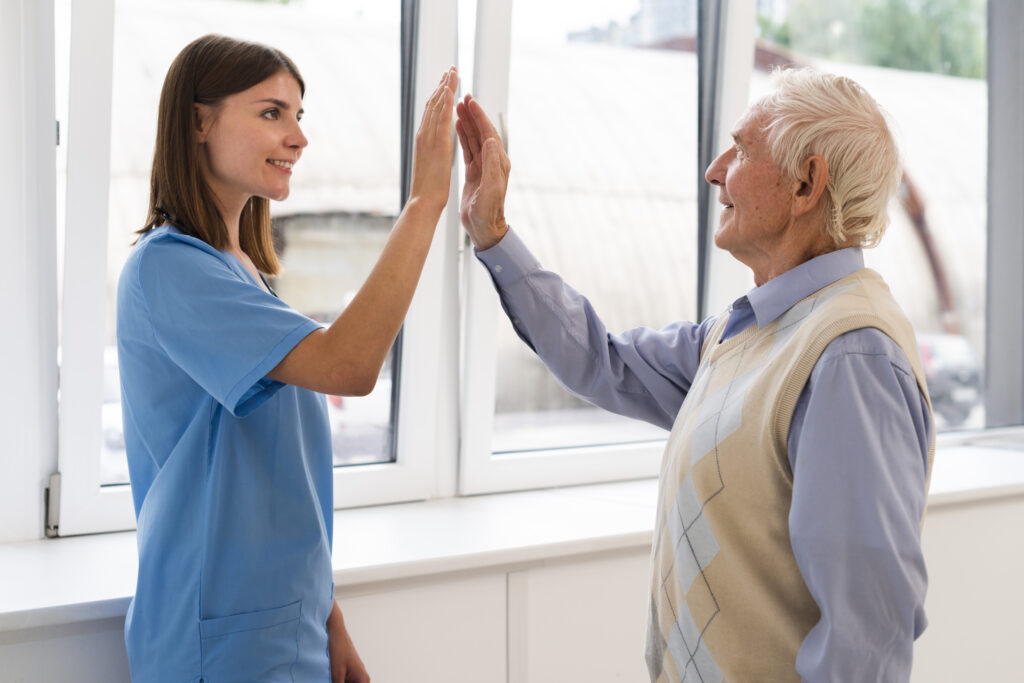
Discover non-pharmacological alternatives to managing behaviors
Our students have good things to say.
Thank you for an excellent learning experience.
Let me start by saying that I am very particular about online training programs and classes. Hundreds of educational opportunities are available online, and many are just a waste of time.
The program is divided into modules that take about an hour each. This enabled me to do the program in small portions that fit my schedule.
The course slides are available to download or print, so you can follow along and take notes.
The material was interesting, up-to-date, and informative. The insights and recommendations offered were clearly gained from years of experience working with residents with dementia.
Within a few days of completing this course, I was able to implement several of the ideas and techniques described. The course also helped me to see the world from the resident’s perspective. Thank you for an excellent learning experience.
Easy enough to understand yet critical valuable information. This will free up your DSD to be with your staff assuring compliance and providing excellent quality of care!
Education for all!
Donna F.
BSN, RN, PhD
Deliver higher quality of care for individuals with dementia.
This individualized, person-centered approach to care teaches healthcare workers and nursing home administrators how to provide enriching experiences for residents.
Reviewed By

Get the latest Advanced Dementia Care Training
- 100% Online Certificate of Training
- Certificate of Completion (20 CEUs)
- Watch All Courses via Smartphone, Tablet, and Computer
- 30-day money-back guarantee
- 100% secure payment

Courses that help you be the best dementia care provider you can be.
These courses are designed to give staff in long-term care and nursing facilities the knowledge, skills and abilities they need to help individuals with dementia thrive.
Imagine a nursing home environment in which staff come to know and interact with residents as individuals, rather than by their room number or medical condition. Imagine a nursing home in which nursing routines, social services, activity programs, meal menus and daily routines are based on residents’ needs, interests, customary routines and personal preference, rather than on staff convenience or institutional systems.
Now, create this reality by embracing Person Directed Care! This model of care represents a significant shift away from the traditional medical model (in which staff do TO or FOR a resident) towards a model of care in which staff come to know their residents as individuals – and then utilize this understanding in the delivery of individualized, resident centered care.
During this module, participants will
- Understand the difference between the Medical Model and Person Directed Care.
- Gain practical applications for Social Services, Activities and Nursing to promote Person Directed Care through assessment, care planning, programming and staff to resident interactions.
- Learn how to utilize assessment information to develop Person Directed (behavioral) alternatives to pharmacological interventions and restraints.
As health care providers, we are often called upon to differentiate between dementia and delirium. The significant challenge we face, however, is that dementia and delirium both present with strikingly similar changes in memory, reasoning and personality. Given that delirium is typically reversible (whereas dementia is chronic and progressive), and that approximately 20 percent of our residents with a diagnosis of dementia may be incorrectly diagnosed, it is essential that we learn to accurately differentiate between dementia and delirium.
During this illuminating module, participants will learn to:
- Understand dementia and delirium.
- Understand the neuroanatomy, neurophysiology and neurochemistry of dementia of the Alzheimer’s Type as well as several other types of dementia.
- Identify antecedents to delirium – factors which are typically reversible.
- Differentiate between dementia and delirium.
- Understand the role of non-drug approaches, including adaptations to the prosthetic environment in the care of residents with dementia and/or delirium based challenging behaviors.
In many situations, challenging behaviors among residents with dementia and delirium are simply their way of communicating that they are in pain, frightened, hungry, not feeling well or that they have some unmet need, want or desire. The challenge to care providers is to NOT focus on the behavior, but to focus instead on what the behavior is attempting to communicate.
Essentially, what is the language of the behavior?
During this module, participants will:
- Define challenging behaviors.
- Understand the importance of identifying behavioral triggers or antecedents
- Understand the process of Antecedent Behavior Monitoring.
- Understand Human Factors which may trigger challenging behaviors.
- Understand Environmental Factors which may trigger challenging behaviors.
- Understand Situational Factors which may trigger challenging behaviors.
- Understand Delivery of Care Factors which may trigger challenging behaviors.
- Gain knowledge, skills and abilities related to root cause analysis and antecedent behavior monitoring
- Implement Antecedent Behavior Monitoring procedures in order to identifying behavioral triggers or antecedents to dementia and delirium based challenging behaviors
This skill building module will help participants better understand how residents interpret both verbal and (of greater importance) non-verbal communication as well as introduce several powerful communication techniques especially effective when interacting with the resident with cognitive impairment.
During this module, we will:
- Identify the role of effective listening skills in the support of residents with dementia.
- Identify the role of both verbal and non-verbal communication in the care of residents with challenging behaviors.
- Gain knowledge, skills and abilities related to the use of Validation techniques when communicating with cognitively impaired residents.
- Identify behavioral alternatives to pharmacological intervention in the management of challenging behaviors.
- Identify environmental alternatives to pharmacological intervention in the management of challenging behaviors.
Unsafe wandering and the risk for resident elopement is a significant concern for both Skilled Nursing and Assisted Living Facilities. This is an especial concern for those caring for residents with cognitive impairment and dementia. The purpose of this webinar is to provide the knowledge, skills and abilities to reduce the potential for unsafe wandering and elopement among cognitively impaired residents.
During this module, we will:
- Identify environmental, situational and human factors which may contribute to unsafe wandering and elopement among residents with dementia
- Manage wandering behaviors in a way that respects resident dignity and autonomy
- Identify environmental adaptations that may prevent unsafe wandering and reduce the risk of elopement
Unsafe wandering and the risk for resident elopement is a significant concern for both Skilled Nursing and Assisted Living Facilities. This is an especial concern for those caring for residents with cognitive impairment and dementia. The purpose of this webinar is to provide the knowledge, skills and abilities to reduce the potential for unsafe wandering and elopement among cognitively impaired residents.
During this module, we will:
- Identify environmental, situational and human factors which may contribute to unsafe wandering and elopement among residents with dementia
- Manage wandering behaviors in a way that respects resident dignity and autonomy
- Identify environmental adaptations that may prevent unsafe wandering and reduce the risk of elopement
Gravity exists! This simple fact alone is responsible for the single largest cause of death among nursing home residents! Or is it… While gravity does indeed exist, and people do fall, there is much that staff may do to reduce fall related injuries.
Within this module, participants will learn how to
- Identify factors which increase a residents risk for falls, as well as strategies for reducing falls and fall related injuries.
- Identify specific resident factors which may result in falls and fall related injuries
- Identify specific environmental factors which may lead to falls and fall related injuries
- Identify delivery of care factors which may lead to falls and fall related injuries
- Identify strategies for reducing falls and fall related injuries among residents in Skilled Nursing and Assisted Living Facilities
The dining experience may be the most challenging, yet rewarding, time of the day for those with cognitive impairment as well as their care providers. To create a truly successful dining experience requires that we embrace a process (rather than a task) oriented approach in which we focus on the dining experience itself – including the social and sensory aspects of the mealtime experience – rather than only the nutritional aspects.
This illuminating webinar will provide participants with the knowledge and abilities necessary to:
- Develop effective meal delivery strategies to reduce disruptive meal time behaviors.
- Develop effective meal delivery strategies to enhance the social dining experience.
- Explore strategies to encourage family participation within the dining experience
- Identify the role of care providers as they contribute to, or detract from the residents dining experience.
As care providers, we strive to develop relationships with our residents – and come to know our residents as individuals. We learn their needs, interests, customary routines and personal preferences. This, of course, is the foundation for person centered care. How then, do we deal with the inevitable grief that accompanies the death of those we have come to care for?
During this empowering module, participants will:
- Learn how we as care providers deal with death and dying, and how we may more effectively support our residents and colleagues through their own process of bereavement
- Understand how the belief systems and experiences of staff related to death, dying and grief impact upon their interactions with residents, families and others
- Differentiate between “normal” grief reactions and “complicated” grief
- Explore the stages of grief
- Identify strategies to support residents and colleagues in their grief
An unfortunate reality within many assisted living and skilled nursing facilities is that some residents become invisible. For some, it is the result of an inability to communicate and express ones unique needs, interests, routines and preferences. For others, invisibility is the unanticipated consequence of how they have adapted to their new living environment. For all, however, invisibility limits their opportunities for meaningful engagement in personally satisfying activities and experiences.
During this module, participants will:
- Learn how to identify invisible residents and those at risk
- Learn how to re-engage invisible residents
- Learn how to prevent the occurrence of invisibility
Best practice approaches to the care of residents requires that Administrators, nurses and health care providers understand who their residents are as individuals – rather than whom they assume them to be based upon long held myths and misconceptions. Clearly, we all have preconceived notions concerning the elderly acquired from family, friends and even the media. However, when examined, these assumptions often prove to be far from accurate at best, and harmful at worst. This module will illuminate many commonly held belief systems concerning our elderly residents and provide accurate information which may then be applied to the delivery of care.
Specific Objectives include:
- Identify personal and professional belief systems regarding the elderly
- Gain an accurate understanding of the personal, social and psychosocial characteristics of the elderly
- Examine the influence of cultural and personal misconceptions regarding the elderly upon the deliver of care
Earn your Advanced Certificate of Training in Dementia Care.
This self-paced online certificate program offers 20 professional CEUs, which may be used towards your annual
professional license renewal (NHA, AL, RN, LVN, CNA). Once you’ve completed all 10 modules, you will receive your Certificate of Training in Dementia Care.
*Approved by State and National Boards and Associations across the US & 20 CEU Credits

We support
Senior Care Providers
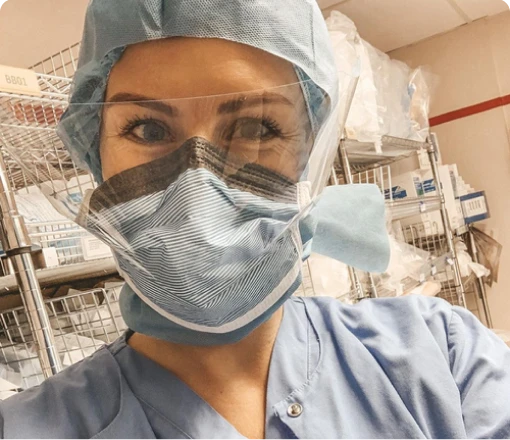
Courtney Lindblom
@courtney_the_ot

Jo Cumberbatch
@j042n4
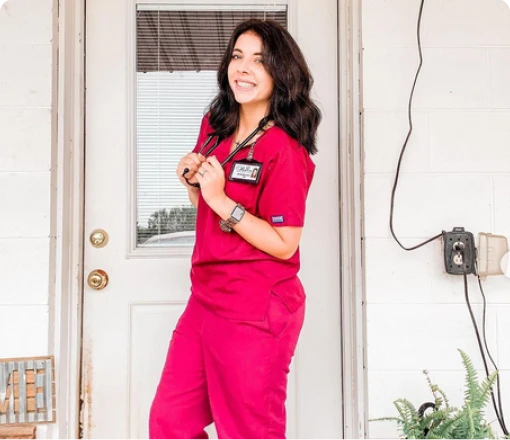
Morgan Gray
@morgannnnnnnnn___

Lukas
@lukasknappe1
Frequently Asked Questions
The topics covered in this program are of value for anyone caring for the elderly and are specifically designed for staff in long-term care and nursing home facilities.
This program focuses on person-centered care, emphasizing individualized attention and non-pharmacological approaches to managing dementia-related behaviors, unlike traditional medical models.
The program has been used and approved by numerous state and national boards and associations across the United States, ensuring its credibility and acceptance in the field of dementia care. This widespread approval highlights the program’s comprehensive and effective approach to dementia training, making it a trusted resource for professional development in elder care facilities.
The training will enhance your skills in person-centered dementia care, enabling you to provide better care and improve the quality of life for individuals with dementia, benefiting your career and personal growth in elder care.
Enhance your skills and knowledge as a leader in person-centered elder care.
Discover best practices in senior health care from leading experts and earn your Certificate of Training in Dementia Care.
-
Work at your own pace, from your computer, tablet
or phone - 30-day money-back guarantee
- 100% secure payment





*Approved by State and National Boards and Associations across the US & 20 CEU Credits
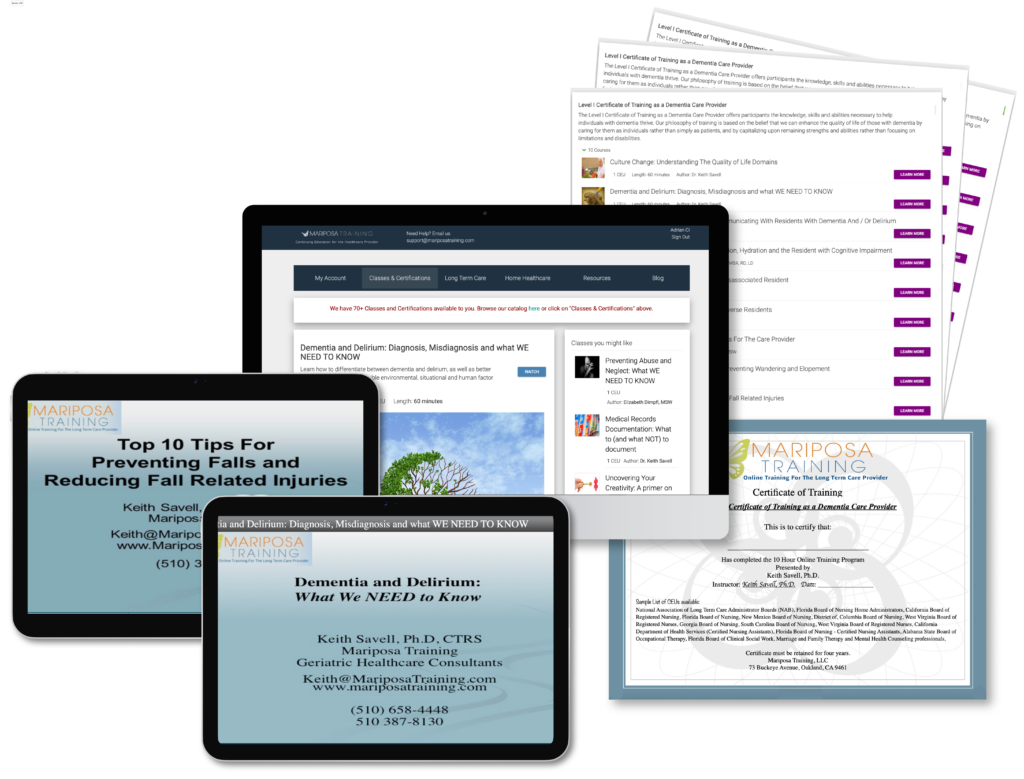

- Privacy Policy
- Terms and Conditions

